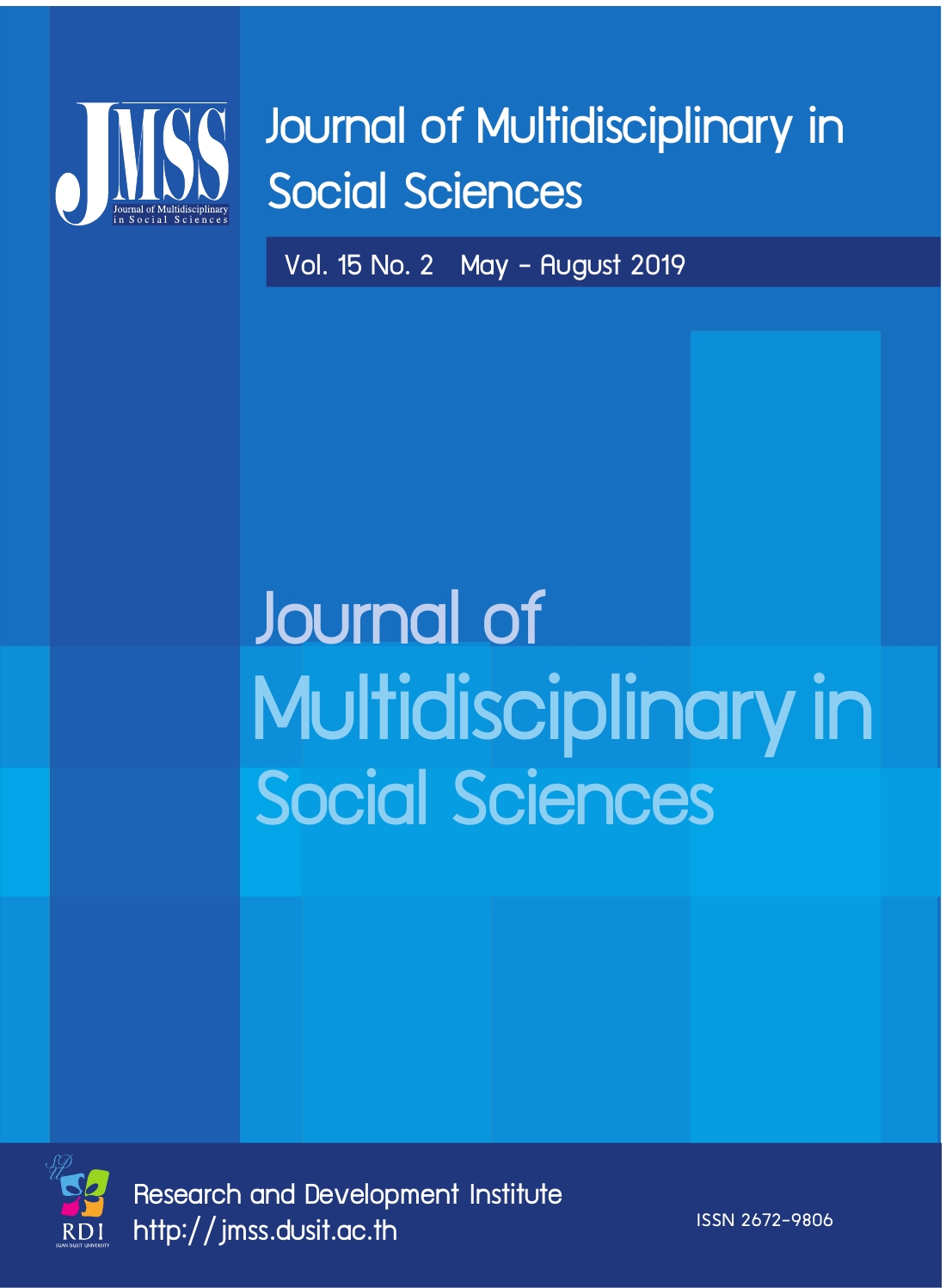Development of A Utilization-focused internal quality assessment system for Education Quality Development of basic Education Institutions: An Application of Empowerment Evaluation
Keywords:
Utilization-Focused Evaluation, Internal Quality Assessment, Empowerment EvaluationAbstract
The objectives of the study are 1) to develop a utilization-focused internal quality assessment system for educational quality development of basic education institutions by applying empowerment evaluation, and 2) to conduct and evaluate a utilization-focused internal quality assessment system for educational quality development of basic education institutions by applying empowerment evaluation. Sixty-eight samples were selected through purposive sampling, and research and development methodology was used. Data were analyzed through content analysis, descriptive statistics, Modified Priority Needs Index, and t-test.
The study found that a utilization-focused internal quality assessment system for educational quality development consists of objectives, principles and empowerment evaluation by the supervision team, and mechanisms of the system include 1) input, 2) process, 3) output, and 4) feedback. The quality of the developed internal quality assessment system based on utilization focused evaluation, examined by experts, revealed that the system was appropriate, useful, possible, suitable and extremely accurate. It was further found that four standards of internal quality assessment have extremely high quality.
References
Baughman, S., Boyd, H. H., & Franz, N. K. (2012). Non-formal educator use of evaluation results. Evaluation and program planning, 35(3), 329-336.
Bureau of Educational Testing, Office of the Basic Education Commission. (2016). A guide to quality assessment in accordance with basic education standards for Internal quality assurance of education institutions. Bangkok: Rongpimbuddha press.
Chan-urai, N. (2011). The Development of the Model for Utilization of External Quality Evaluation Results for Quality Improvement of Small-Sized Schools in Northeastern Thailand : An Application of Organization Development Research (Doctoral’s dissertation). Mahasarakham: Mahasarakham University.
Fetterman, D.M. et al. (2015). Empowerment Evaluation. London: Sage.
Fleischer, D. N. & Christie C. A. (2009).Evaluation Use Results From a Survey of U.S. American Evaluation Association Members. American Journal of Evaluation, 30(2), 158-175.
Jamjan. S. (2004). A study of educational internal quality assurance process in elementary schools under the jurisdiction of the Bangkok Metropolitan Administration (Master’s Thesis). Bangkok: Chulalongkorn University.
Kanjanawasee, S. (2011). Evaluation Theory. Bangkok: Chulalongkorn University Press.
Kanjanawasee, S. (2015). CIPP model for change: Meaning, importance, and development. Social Science Research Association of Thailand Journal, 2(1), 3-10.
Kanjanawasee. S. (2016). Empowerment Evaluation: Differential Perspectives.The Social Research Association of Thailand Journal, 3(1), 19-25.
Patton, M.Q. (2012). Essentials of Utilization-Focused Evaluation. London: Sage.
Sakdee, M. (2007). Strategies affecting the use of internal and external evaluation in teacher practices (Master’s Thesis). Bangkok: Chulalongkorn University.
Waedramae, M. (2004). An analysis of misconceptions and practices in educational quality assessment (Master’s Thesis). Bangkok: Chulalongkorn University.
Wongwanich, S. (2000). Research and Development of Internal quality assessment system of education institutions. (Research report). Bangkok: V.T.C. Communication Part., Ltd.
Yoo, S. H. (2010). Exploring an intergrated model of governmental agency evaluation utilization in KOREA: focusing on executive agency evaluation. International Review of Public Administration, 15(1), 35-49.
Downloads
Published
How to Cite
Issue
Section
License

This work is licensed under a Creative Commons Attribution-NonCommercial-NoDerivatives 4.0 International License.








